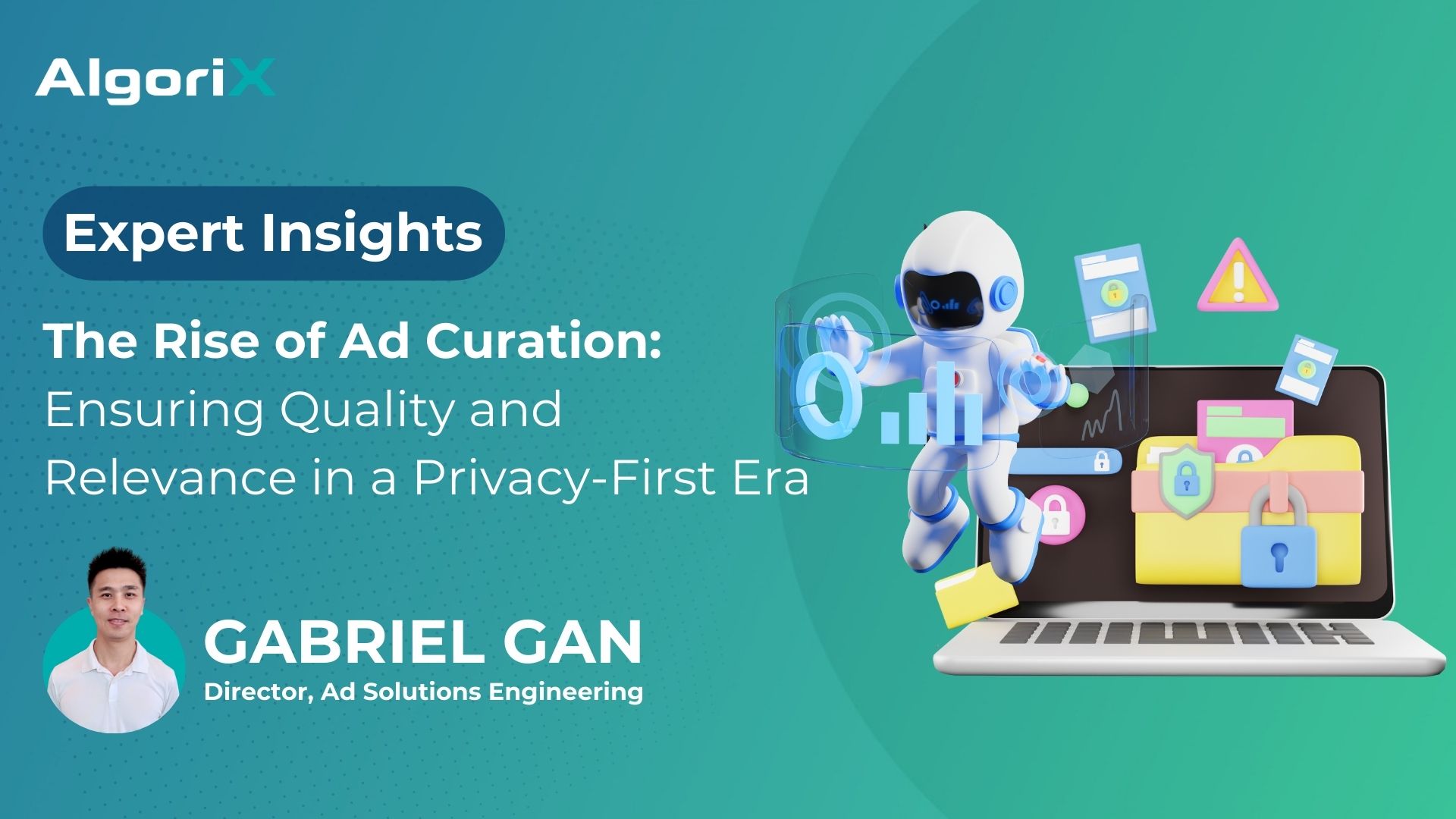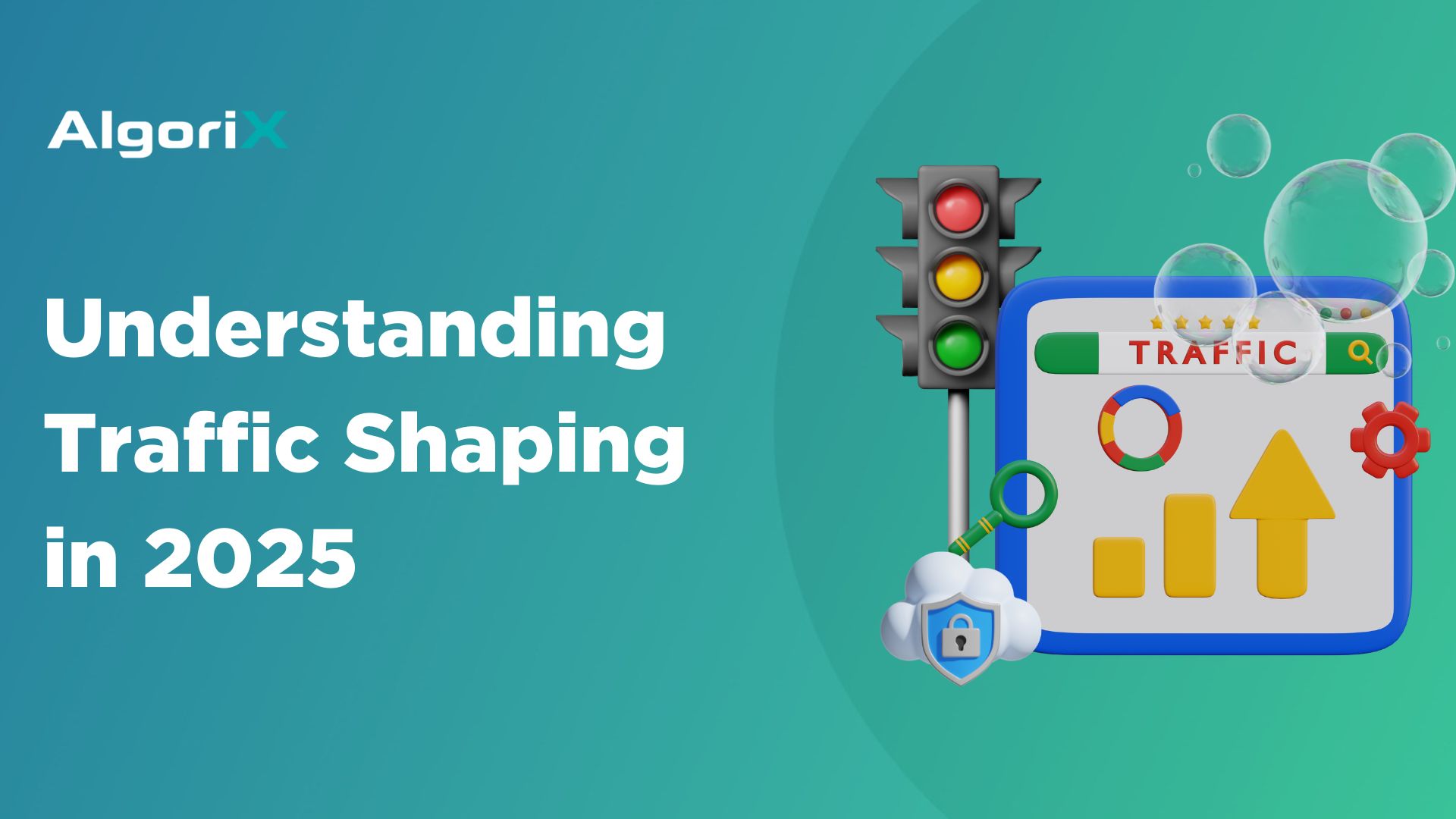It’s a given that managing an effective digital advertising campaign is tough. Each campaign must engage consumers across all channels – whether it be on mobile or connected TVs (CTVs). There must be an understanding of consumer behavior, and this lies in data gathering. Many believe that when advertisers and publishers can access data, they can create refined targeting that generates measurable returns from their ad spending and also build user trust. However, that is not always the case.
Nowadays, many consumers get frustrated by the numerous ads they see because they feel that most of these infringe on their right to privacy. This has led to several privacy laws such as the General Data Protection Regulation (GDPR) and California Consumer Privacy Act (CCPA). Organizations, such as Google, are also phasing out cookies to protect user privacy.
Digital Integrity: Where Are We Now?
For years, the use of consumer data without consent has been rampant. Many advertisers and publishers do this because it helps them serve targeted ads without considering whether they are unwanted or intrusive. Today, this practice will no longer hold water because consumers are now expressing their concern on targeted advertisements. This can have a lasting impact on brand equity. This is important as digital integrity is now being exposed and questioned. Consumers know now that their data is being taken and used without their permission, thus tarnishing the trust between consumers, publishers, and advertisers.
Both advertisers and publishers should shift their focus on maintaining digital integrity by doing responsible advertising.
Responsible Advertising: Consented Data
Data is vital. It is the future, but with growing concern on data use, there is a need to adhere to responsible advertising. How is this implemented? By using consented data. Collecting data with permission and using them ethically can ensure that publishers are effectively building consumer trust.
On the outset, the consent should be explicitly outlined in a language understandable to all parties involved.
This way, it’s possible to create an ecosystem where everyone wins. Users can get access to free and ad-supported content with the assurance that their data is used ethically. Publishers, on the other hand, can generate enough compensation for their effort. Similarly, advertisers can connect with their target audience.
To make the shift, consider:
Responsible Data Collection: Shifting to a first-party measurement system will help you directly ask your consumers for consent. This method also allows for better use of solutions that are not compatible with user privacy expectations.
Partnership with Responsible Publishers: Placing ads with responsible publishers like AlgoriX Studios that provide content-driven and direct relationships with their users can help brands tailor messages that apply to their audience.
Working with Compliant Partners: Ensuring that you only work with partners that comply with relevant privacy regulations will protect you and your brand from inadvertently violating any laws.
User privacy should take center stage in your campaigns. Learn more about how AlgoriX can help you create meaningful and responsible advertising campaigns by contacting us.













